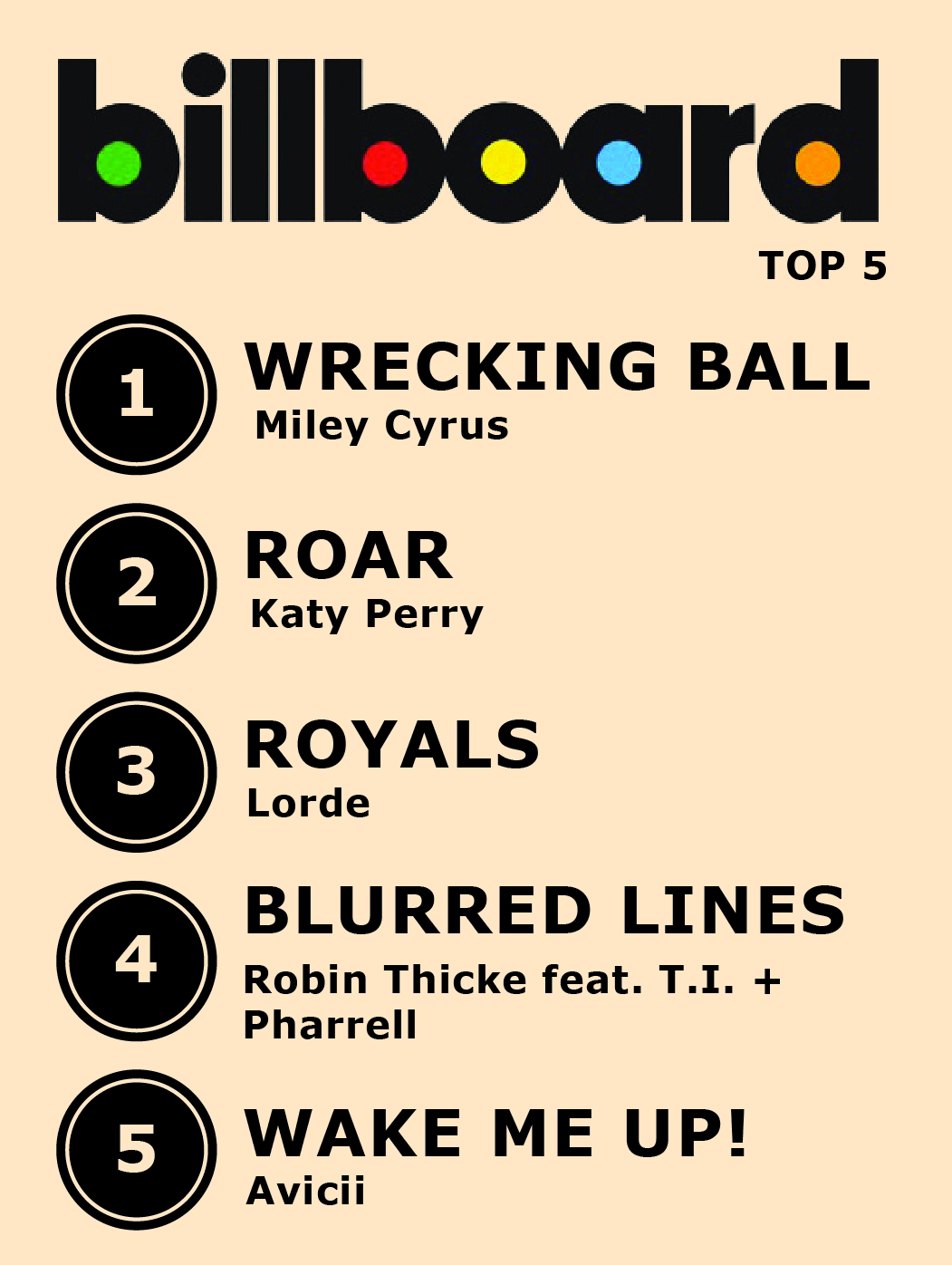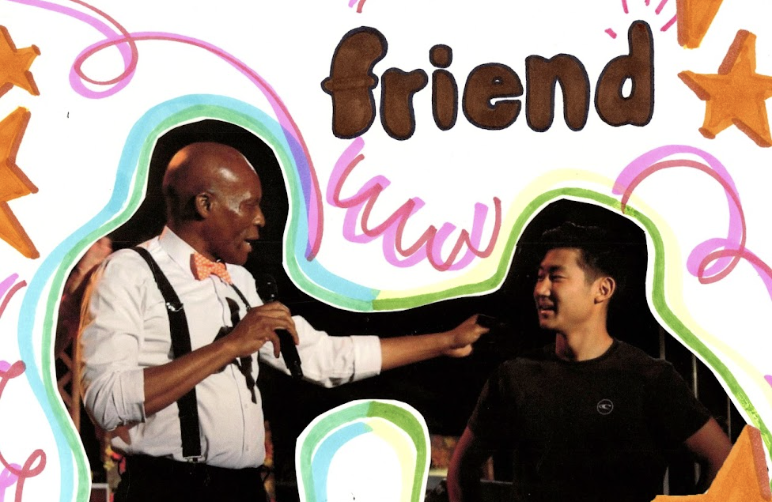Tune into any major radio station today, and you can hear the melodies and beats that play incessantly in our generation’s heads. Upon closer inspection, however, we behold a puzzling situation of identity.
I took the liberty of looking at Billboard’s top five songs and pulled out some meanings I perceived behind the lyrics of each song. I was distressed by what I found.
1. WRECKING BALL – MILEY CYRUS
Miley Cyrus’ song “Wrecking Ball” ranked as Billboard’s number one hit of the week. Beyond just a catchy tune and a risqué music video, this song seems to suggest her life’s purpose is in loving the wrong thing: “I can’t live a lie / Running for my life I will always want you.” Later in the song she says, “I put you high up in the sky” and in turn sings, “And now, we’re ashes on the ground.” This language makes it seem like Cyrus made someone into a type of god and he or she failed her.
2. ROAR – KATY PERRY
The number two hit was Katy Perry’s “Roar,” a song that encourages listeners to pull themselves up by their bootstraps — a sentiment that is not altogether wrong. Strangely, though, she says, “I went from zero, to my own hero.” It is as if she makes herself the means and ends to a successful life.
3. ROAYLS – LORDE
Coming in third was sixteen-year-old Lorde’s catchy song, “Royals.” This was different from the other songs in the top five. It discusses a strange sort of contentment: “And everyone who knows us knows / that we’re fine with this, / we didn’t come from money.” However, she seems to imply replacing money and “luxe” with popularity is a fair trade-off.
4. BLURRED LINES – ROBIN THICKE
Robin Thicke’s hit, “Blurred Lines,” featuring T.I. & Pharrell Williams, ranked number four. I cringed because it deals with drunkenness, drugs, hooking up and the corruption of a “good girl.” This song is indicative of a “hook up” generation. There is also a lot of talk about potential references to rape culture in this song. Alas, the song is catchy and plays on.
5. WAKE ME UP – AVICII
The number five ditty, “Wake Me Up” by Avicii, for the most part, talks about being “guided by a beating heart” and stumbling through the darkness. A point that sticks out from the tune is when he sings, “All this time I was finding myself / And I didn’t know I was lost.” There is a sad realization in understanding people are lost and they do not even recognize it.
Our generation is far too infatuated with money, sex, drugs, alcohol, popularity or anything else we can try to scribble onto our fading nametags in order to define our “true” identities. The terrifying thing about these songs is that Christians buy into the destructive lie of self-identification which these artists propagate.
As Christians, we must know where we get our identity: Jesus. My friends, if we lose sight of that fact, we are lost and have not understood the gospel. We must reject, to a degree, outside influences of our identities. As members of Christ’s body, we need not look to our bank accounts, alcohol, drugs, popularity or any other “cultural niche” into which society will coax us. Look no further than the golden nameplate, which reads: “Christ’s.”
Christians, we need to answer back to the qualms each of these artists presents about the ever-prominent crisis of identity. We know the identity we need and yet say nothing to this lost generation. Ironically, we seek to claw and chain our hearts — to use the words of Miley — to live with their ascribing classifications to us, but it’s all in vain. Push back and show them the emptiness of their lies.
I am not looking for a Christianized take on the Comiskey Park disco riots in 1979. I am calling and praying for Christian painters, musicians, poets and creative thinkers in general to go from this place and promulgate to the world the name by which all meaning and purpose is derived. If you are not artistically inclined — like myself — you have the larger task of supporting those artists who proliferate the true identity we have been given in Christ.
Biola sees the value of Christians going forth into the world of arts, as seen in the recent launch of the Center for Christianity, Culture and the Arts. Provost David Nystrom puts it this way on the CCCA website: “Art has the capacity to remind us of who we are, of where we have been and of that to which we should aspire.”
Oh Christian, support the arts that point to the truth and the security of our identity in Jesus. Even if this does not cause a tangible “push back,” at least it will be an answer to our culture’s identity crisis.







